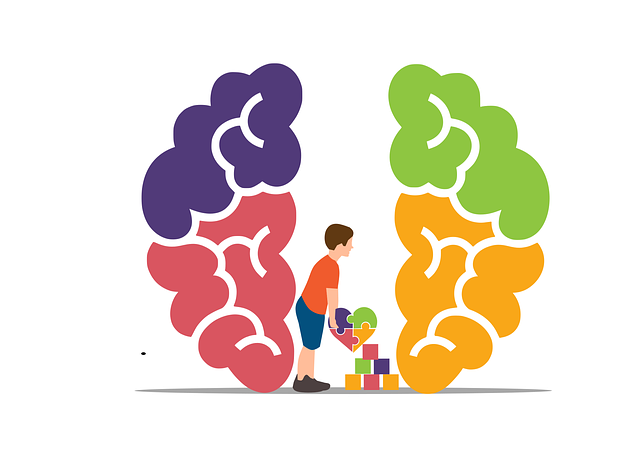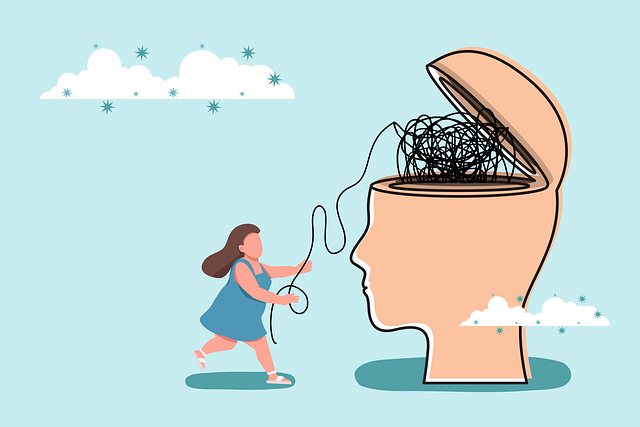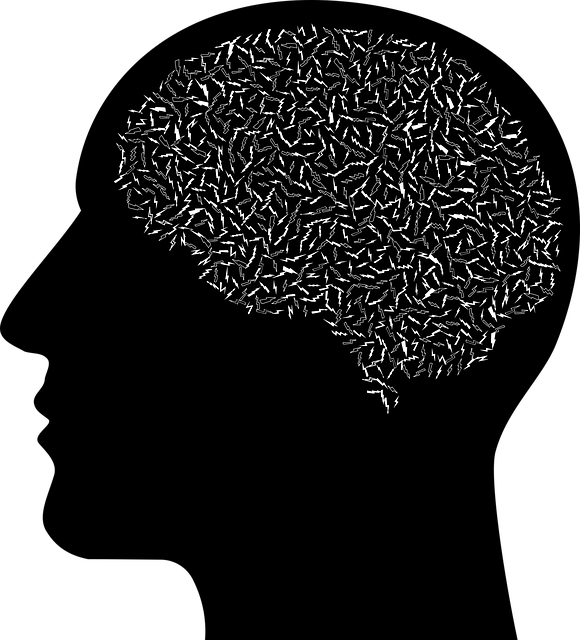Northglenn Alcohol Abuse Therapy leverages emotion regulation techniques, combining evidence-based methods like mindfulness and cognitive restructuring with self-care practices. This holistic approach enhances treatment outcomes for substance abuse, empowering clients to manage emotions, make healthier choices, reduce relapse risk, build resilience, and promote emotional well-being. Cultural competency training ensures tailored support for diverse populations, addressing unique cultural influences on emotional experiences.
Emotion regulation is a vital skill for maintaining mental well-being, and teaching effective techniques can significantly impact individuals’ lives. This article explores strategies to help people manage their emotions constructively, focusing on their potential to enhance overall health. We delve into the integration of these methods in Northglenn Alcohol Abuse Therapy, showcasing how they can be adapted to support clients in their journey towards recovery and improved emotional resilience.
- Understanding Emotion Regulation and Its Impact on Well-being
- Teaching Effective Techniques for Managing Emotions
- Integrating These Strategies in Northglenn Alcohol Abuse Therapy
Understanding Emotion Regulation and Its Impact on Well-being

Emotion regulation is a vital skill that plays a crucial role in maintaining overall well-being and mental health. It involves recognizing, understanding, and managing one’s emotions effectively, ensuring they don’t overwhelm or control our thoughts and actions. By learning to regulate emotions, individuals can enhance their ability to cope with stress, make better decisions, and foster healthier relationships. This is particularly relevant for those seeking recovery from issues like Northglenn alcohol abuse therapy, where emotion regulation techniques are instrumental in long-term healing and relapse prevention.
Effective emotion regulation strategies, such as self-care practices and empathy building, empower individuals to navigate intense emotions constructively. Self-care practices, including mindfulness and stress management techniques, help people create a sense of calm and perspective. Meanwhile, empathy building strategies encourage understanding and connection with others, fostering an environment where individuals feel heard, validated, and supported. Furthermore, healthcare provider cultural competency training is essential in ensuring that emotion regulation support is tailored to diverse populations, addressing unique cultural and social factors that influence emotional experiences.
Teaching Effective Techniques for Managing Emotions

Teaching effective emotion regulation techniques is a powerful tool that empowers individuals to navigate their emotional experiences with greater control and resilience. At Northglenn Alcohol Abuse Therapy, we understand the importance of equipping folks with strategies to manage intense emotions, prevent impulsive reactions, and foster overall well-being.
Through comprehensive programs and personalized guidance, our therapists teach evidence-based methods such as mindfulness practices, cognitive restructuring, and stress management techniques. We also emphasize self-care practices as a crucial component of emotion regulation, encouraging clients to prioritize their mental health and build confidence in their ability to handle emotional challenges. Additionally, risk management planning for mental health professionals is integrated into our teachings, ensuring practitioners are equipped to support clients effectively while maintaining their own well-being.
Integrating These Strategies in Northglenn Alcohol Abuse Therapy

Integrating effective emotion regulation techniques into Northglenn Alcohol Abuse Therapy can significantly enhance treatment outcomes for individuals struggling with substance abuse. By teaching clients strategies to manage and understand their emotions, therapists in Northglenn can empower them to make healthier choices and reduce the risk of relapse. This holistic approach not only addresses the physical aspects of addiction but also nurtures emotional well-being.
Emotional Intelligence, a key component of this strategy, plays a pivotal role in burnout prevention and resilience building. By equipping clients with tools to recognize and regulate their emotions, therapists can help them develop a stronger connection with their feelings, leading to better decision-making and improved coping mechanisms. This, in turn, fosters a sense of self-awareness and emotional agility, enabling individuals to navigate challenging situations more effectively.
Emotion regulation techniques play a pivotal role in enhancing well-being, as highlighted by the successful integration of these strategies into Northglenn Alcohol Abuse Therapy. By teaching effective methods for managing emotions, this approach empowers individuals to navigate their feelings constructively, fostering better mental health outcomes. As demonstrated, these techniques can be tailored to suit diverse needs, making them a valuable tool in various therapeutic settings.














